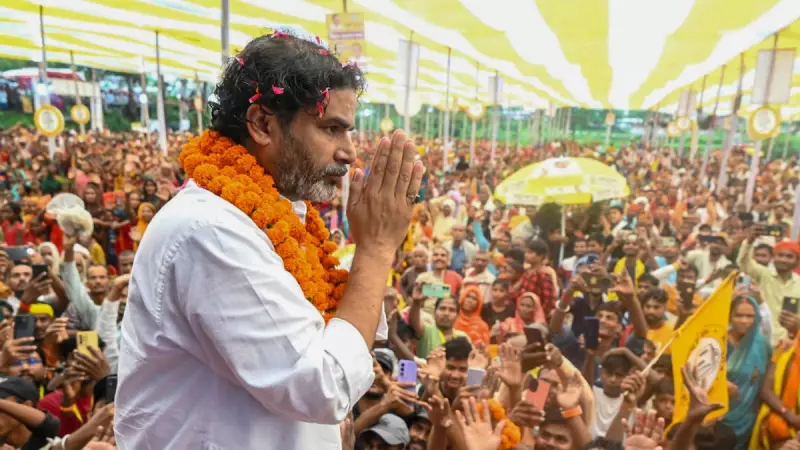
The highly anticipated political debut of strategist-turned-politician Prashant Kishor in Bihar's electoral arena has ended in a disappointing performance, with his Jan Suraaj party failing to make any significant impact in the 2025 state assembly elections.
Disappointing Election Results
According to the election results declared on November 15, 2025, Prashant Kishor's Jan Suraaj party managed to secure only a minuscule vote share across the state. The party failed to win a single seat in the 243-member Bihar legislative assembly, marking a significant setback for Kishor's political ambitions.
The election outcome comes as a surprise to many political observers who had expected Kishor's extensive ground campaign and political expertise to translate into at least a modest electoral performance. Despite conducting numerous padyatras and public meetings across Bihar over the past two years, the party could not convert this visibility into votes.
Factors Behind the Poor Performance
Several factors contributed to Jan Suraaj's dismal showing. Political analysts point to the lack of a strong organizational structure at the grassroots level as a primary reason for the failure. While Kishor himself had considerable name recognition, his party lacked established local leaders who could mobilize voters effectively.
Another significant challenge was the consolidation of traditional vote banks around established political parties. The bipolar nature of Bihar politics, dominated by the Mahagathbandhan and the National Democratic Alliance, left little room for a new political entity to make inroads.
The party also struggled with limited financial resources compared to well-established political formations. This resource crunch affected their ability to run an effective campaign across all constituencies and reach voters through traditional election campaigning methods.
Future Implications for Prashant Kishor
The election results raise serious questions about Prashant Kishor's future in active politics. Having built his reputation as a successful political strategist for various parties across India, his inability to create a successful political vehicle of his own represents a significant professional setback.
Political experts suggest that Kishor may need to reconsider his political strategy and possibly focus on building the party organization from the ground up rather than relying solely on his personal popularity and campaign skills. The results indicate that electoral success requires more than just strategic planning and requires deep-rooted political connections and organizational strength.
The failure also highlights the challenges faced by new political entrants in breaking the dominance of established parties in Indian states. Despite the anti-incumbency sentiment and public dissatisfaction with existing political options, voters appeared reluctant to trust a completely new political alternative.
As Bihar moves forward with its new government, the political future of Prashant Kishor and Jan Suraaj remains uncertain. The party will need to undertake serious introspection and organizational rebuilding if it hopes to become a relevant force in Bihar's political landscape in the coming years.





